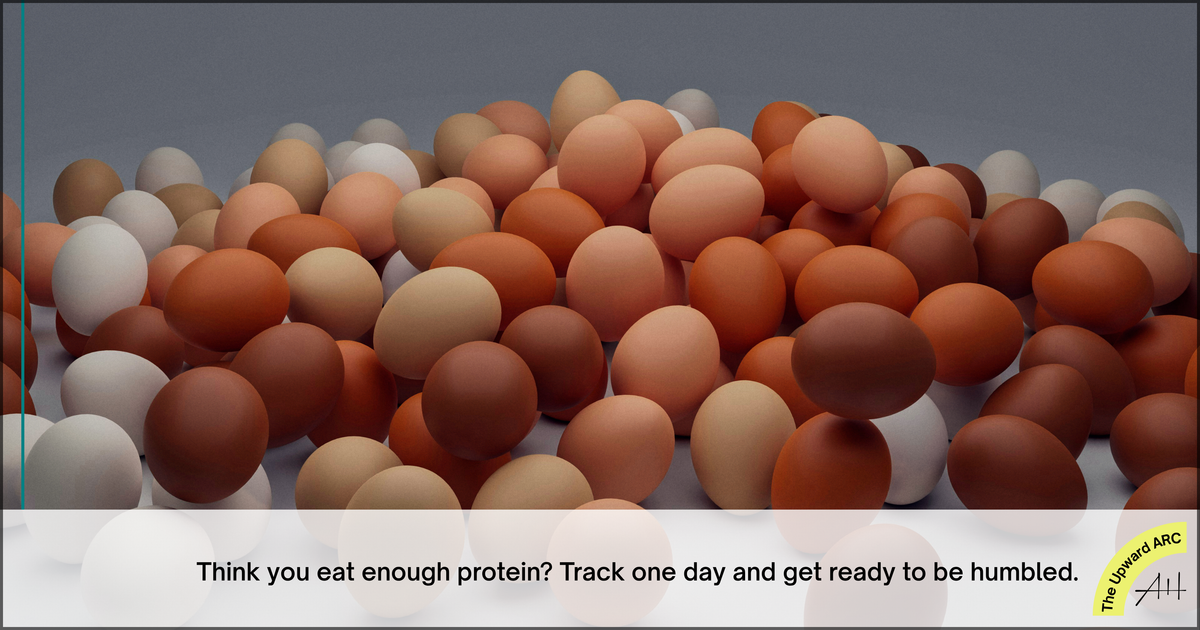Raising the Steaks
Most people get protein wrong: too little, bad timing, or low quality. The fix? Eat 1.6–2.2g/kg daily, spread across real meals. Prioritize animal protein (sorry, tofu). It’s not just about muscles. It’s about aging well. Get this right, and everything changes.

This post is for members only
Already have an account? Sign in.
